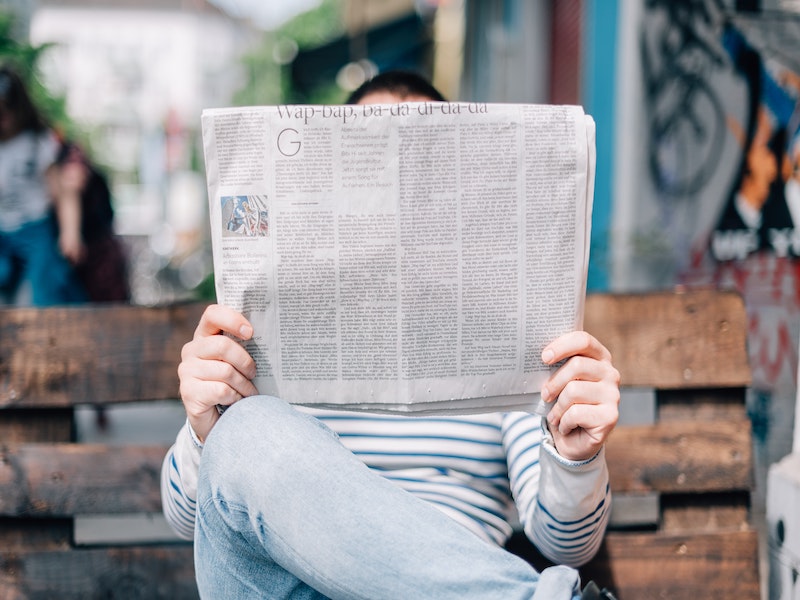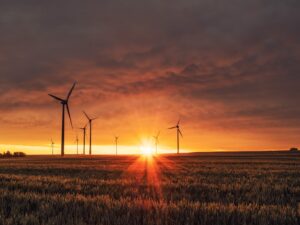The free press isn’t as free as the name suggests
By 2040 snow in the UK will be a thing of the past. By 2050, London will feel like Barcelona, Madrid will feel like Marrakech, Milan will feel like Texas, Dallas. Compare these impacts of climate change to the fact that by 2050 the risk of global droughts, which currently have no chance of happening, will increase to 50 per cent. Droughts will create food shortages, leading to a situation where only countries that grow it — or are rich enough to buy it — will be able to provide food for citizens. Food shortages are one reason there will be an estimated one billion climate refugees by 2050. As refugees fight to move into countries where they can find food, inevitably, tensions will rise, and the likelihood of a world war will increase.
The free press continually frames the climate crisis as something that will lead to changes, but the changes will be insignificant, with the threat posed to our way of life minimal. A recent study on how often basic climate facts are conveyed in The New York Times news articles covering climate change from 1980 to 2018 found the fact there is a scientific consensus about climate change was mentioned in only 4% of articles about climate change. The fact that carbon dioxide levels in the atmosphere are higher than they have been in millions of years was mentioned in 1% of articles about climate change. That climate change is permanent and can’t be reversed was mentioned in 0.4% of articles.
So why is the climate crisis framed as if it’s a minor inconvenience? Well, the argument for a free press is that if the government control the media, it will bend the truth and present news articles that make sure they are presented in a positive light. Propaganda is the enemy of democracy because it skews and manipulates attitudes and opinions to serve political agendas. The name the ‘free’ press hints that the information served to us is free from bias, but the reality is the free press is similar to government-controlled media. The only difference is who dictates what the media says and does.
The ‘free’ press is, in actual fact, not free at all. The press may have been privatised and therefore follows the rules of a free market, but that just means individuals can own media agencies. And billionaires like Jeff Bezos, who owns the Washington Post, Elon Musk, who owns Twitter, and Rupert Murdoch, who seemingly owns a paper in every English-speaking country, are all too keen to own media agencies because it provides them with an extreme level of power and enormous influence in swaying public opinion. They are keen to own media agencies for the same reason as tyrants or dictators. Billionaires gain their wealth and power from the system remaining as it is. It stands to reason that they have no interest in conveying the climate crisis as an existential threat to our existence because it just might make people question the status quo and make calls for social transformation far more compelling.
They would much rather you believe the climate crisis isn’t that big of a deal and that our way of life isn’t under threat. That environmentalists are extremists whose actions are disproportionate when weighed against the risks. This view is exactly what the billionaire owners of media agencies want you to believe. They want you to continue to buy into the system as it is, and for you to continue mindlessly consuming because it’s that behaviour that has made them so rich in the first place.
A free press owned by a small clique of powerful billionaires is just as dangerous as the government controlling the media. Both extremes lead to the same outcomes; the difference is who owns the propaganda machine. How the climate crisis is being reported is rooted in swaying public opinion to make sure no one wants to question the status quo. Little wonder, then, that there is such little momentum in creating a movement of change calling for systems change because the vast majority simply see no impending threat. The responsibility for this, of course, can’t possibly be due to the free press having an underlying agenda, because a free press is naturally free from bias — sure, it is.



